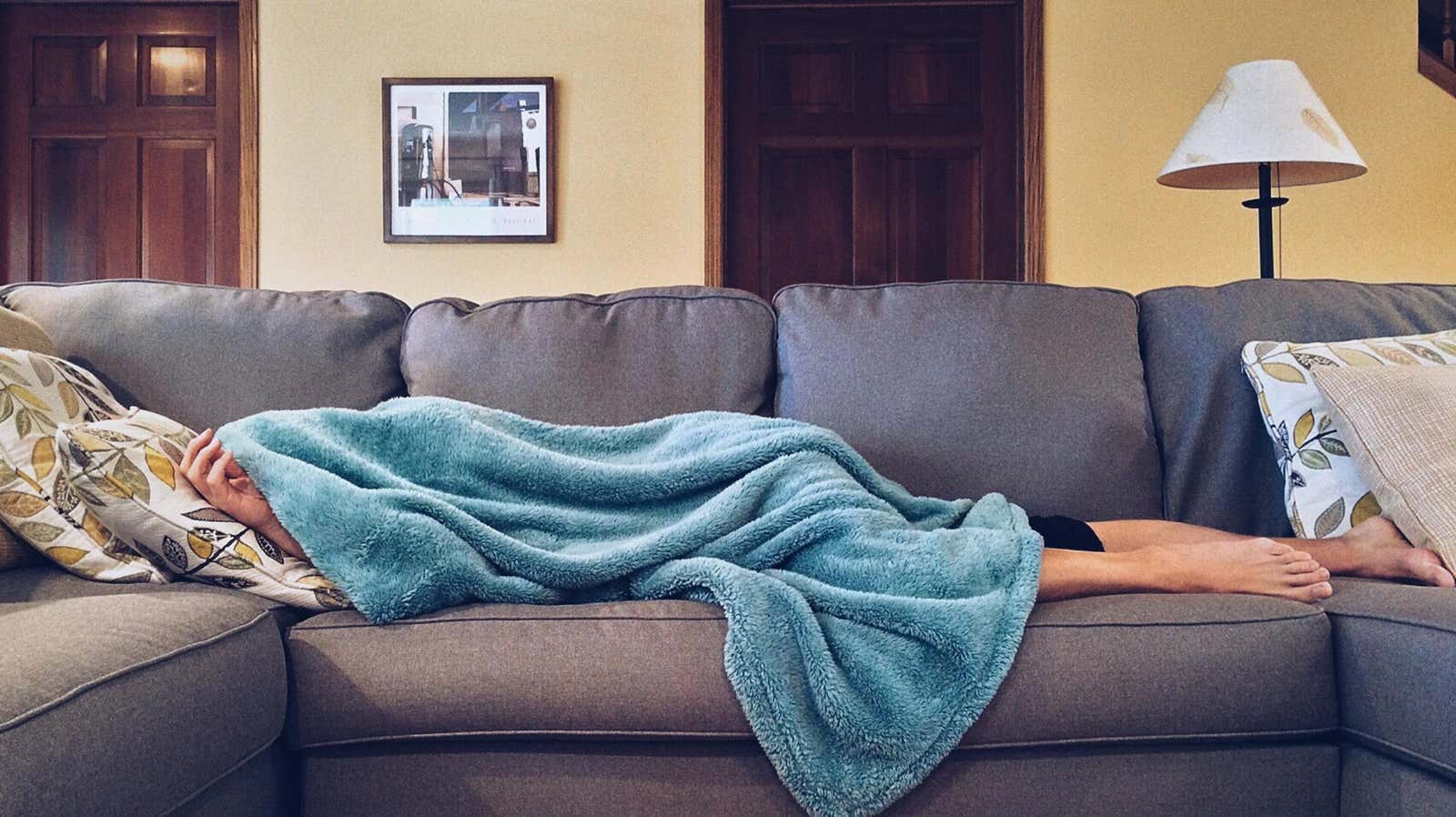Don’t Worry If Your Sleep Tracker Says Your Sleep Was Bad.

Raise your hands if you’ve ever woken up from a normal night’s sleep and checked your phone and found that your sleep was “poor quality” or that you had very little “deep” sleep. How did you feel for the rest of the day? Shit? Perhaps you can blame the tracker and not your actual sleep level, at least in part, for how you felt.
Truth be told, trackers know how to tell you when you’re sleeping – it’s easy for them to catch when you go to bed and when you wake up – but they have a rather poor understanding of what’s going on in between . And everyone’s sleep needs are slightly different, so even if you have less than the eight hours you hoped for , that doesn’t mean something is wrong with you.
In a 2014 study (paid, but summarized here ), researchers asked people how they thought they were sleeping and then showed them data about their sleep from lab tests. They lied to the participants about the quality of their sleep: some were told that they enjoyed faster sleep than average, while others were told that they had less than average.
On a series of cognitive tests, participants’ performance usually (but not always) matched how well they were told they were sleeping. It seems that they believed the fake analysis, and not their real feelings and experiences.
Our fitness trackers look very realistic and personalized. We receive the most recent data, and we have no reason not to trust it. But in a 2017 article , a group of sleep specialists wrote that the trackers interfered with the treatment of some of their patients. (One woman even had normal sleep laboratory results, but demanded to know how this is possible when her Fitbit said she was sleeping poorly.) The authors wrote:
All three patients spent too much time in bed trying to increase the amount of sleep reported by the sleep tracker, which could have exacerbated their insomnia. Given that these devices tend to overestimate sleep, they may have served to reinforce poor sleep habits by encouraging longer time in bed.
We have no data on how often people deceive themselves about sleep quality based on tracker data. Maybe it’s rare; perhaps this is more common than we think. Probably the most important thing to remember about your sleep tracker is that it doesn’t work automatically. Trust your body and your senses, and do not shift this work to some kind of technique. And if a sleep professional tells you to do something that your app doesn’t like, you should probably trust the professional, not the app.